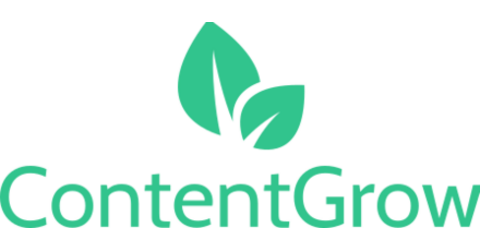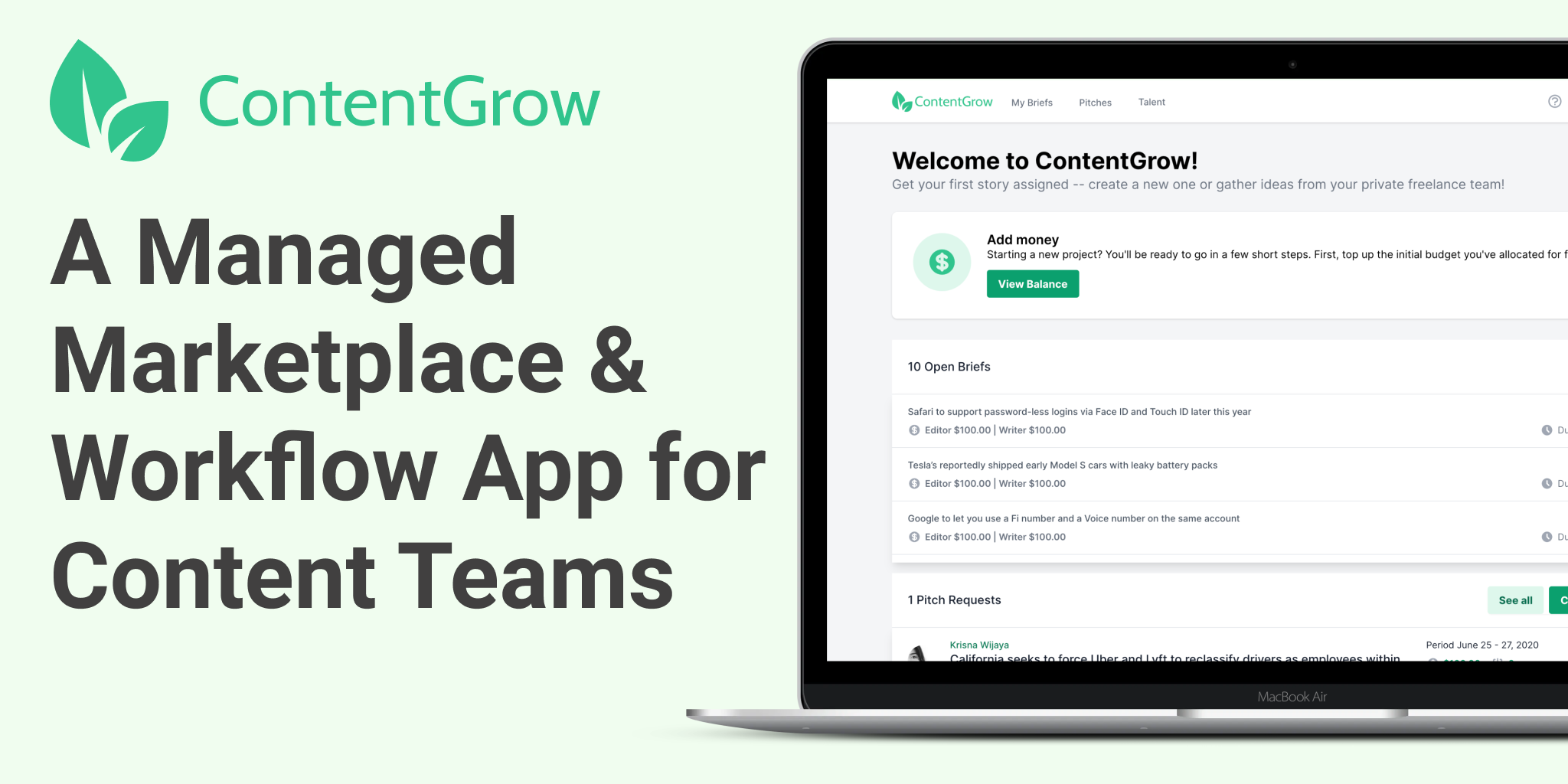AI marketing tools: implementation and best practices
Learn the crucial steps for integrating AI tools into your marketing efforts, from choosing the right tools and training your team to monitoring performance and avoiding common mistakes, ensuring your strategy remains efficient and impactful.
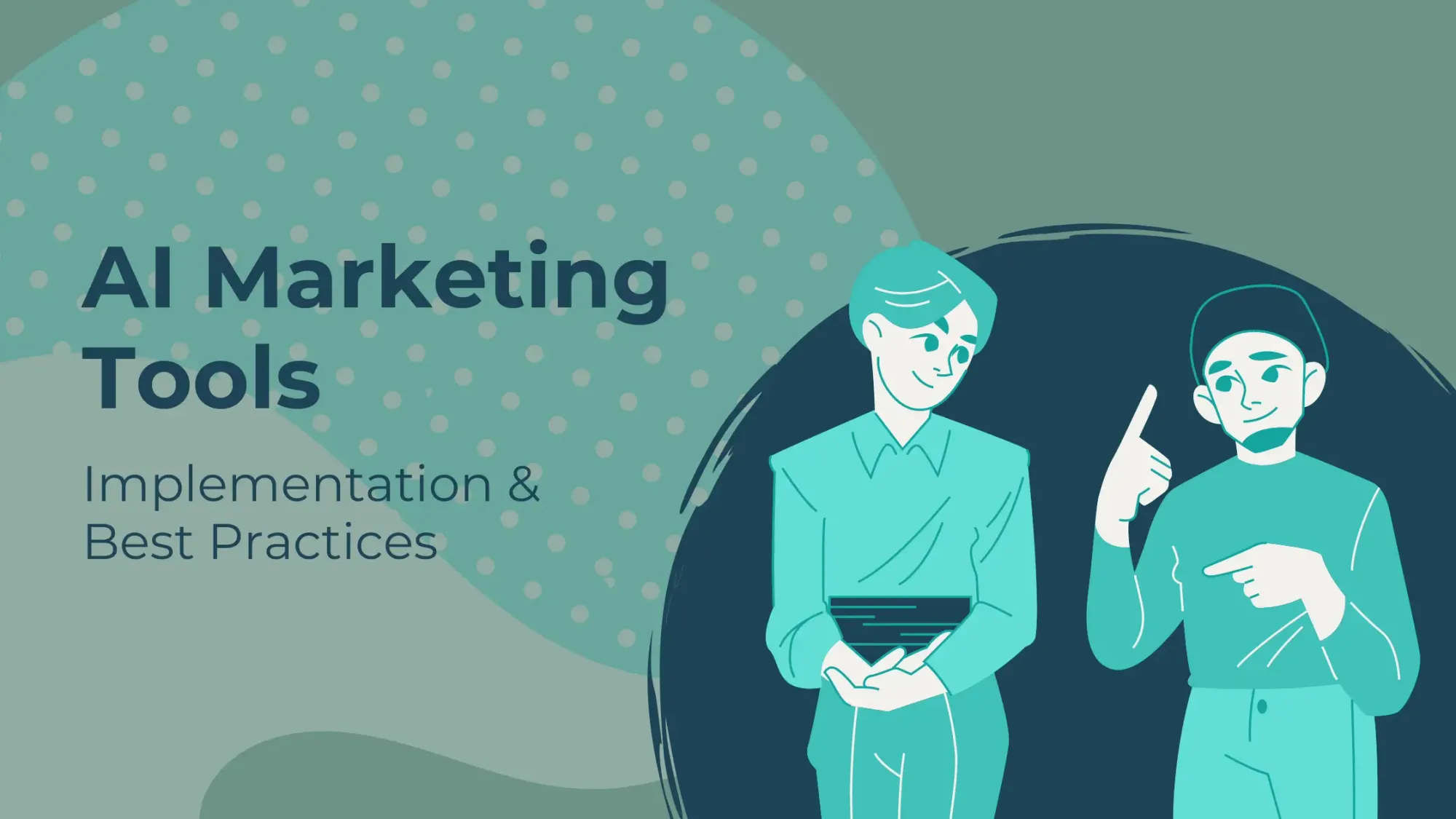
Integrating AI marketing tools into your existing strategy can transform the way you connect with your audience, streamline your processes, and boost your marketing performance. As artificial intelligence continues to evolve, these tools offer businesses the ability to analyze data more effectively, personalize content, and automate time-consuming tasks. The potential benefits are vast, but successfully integrating AI into your marketing efforts requires careful planning and execution.
In this article, we'll walk you through the essential steps for integrating AI marketing tools into your strategy, ensuring you can harness their full potential. Along the way, we'll also highlight best practices and common mistakes to avoid, so you can make the most of AI's capabilities while maintaining a human touch in your marketing efforts.
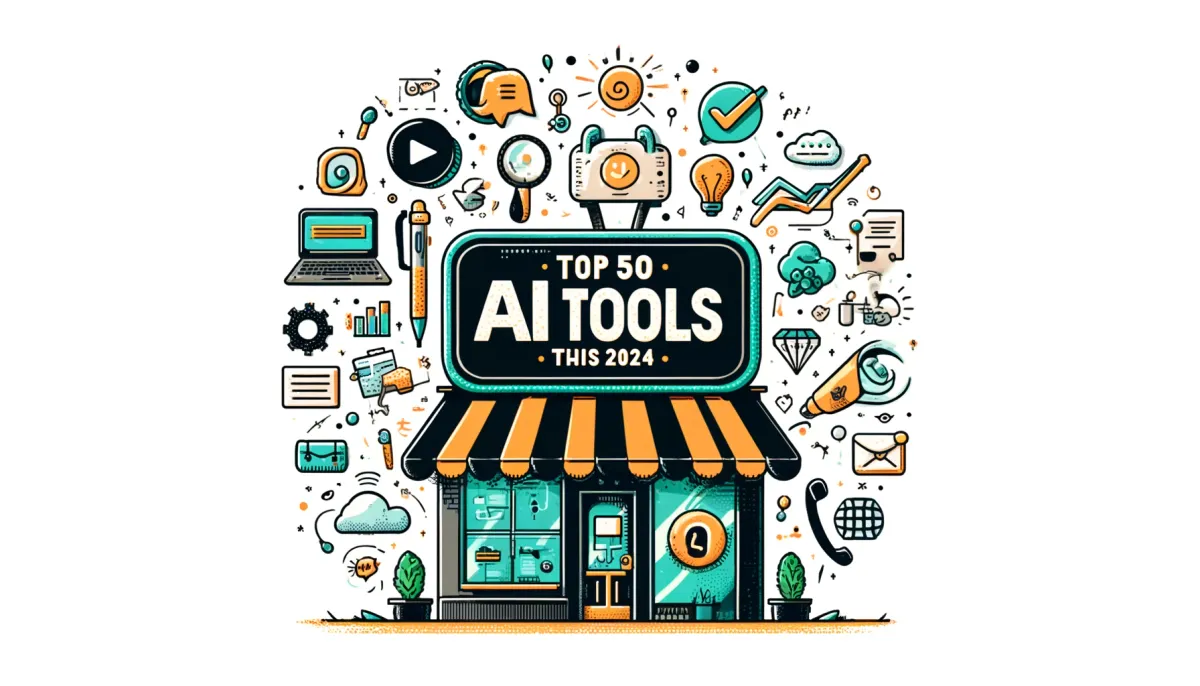
How to integrate AI marketing tools into your existing strategy
Integrating AI marketing tools into your existing strategy can significantly enhance your marketing efforts, providing insights and automating processes that were previously time-consuming. Here’s a step-by-step guide to help you integrate AI tools effectively:
1. Assess your current strategy
Begin by evaluating your existing marketing strategy to identify areas where AI tools can be beneficial. Common applications include customer segmentation, predictive analytics, content personalization, and chatbots. For instance, AI-driven analytics tools can predict customer behavior, allowing for more targeted campaigns and improved ROI.
2. Choose the right tools
Select AI tools that align with your business goals and integrate seamlessly with your current platforms. It’s essential to ensure compatibility to avoid disruptions. Research different AI tools and consider reading reviews and case studies to make informed decisions. According to Gartner, companies should prioritize tools that offer ease of integration and robust support.
3. Phased implementation
Start with a phased implementation to ensure smooth integration and minimal disruption. Incorporate one or two AI tools into your workflow initially, and gradually scale up. During this phase, closely monitor performance and gather feedback from your team to make necessary adjustments. This incremental approach allows for better adaptation and troubleshooting.
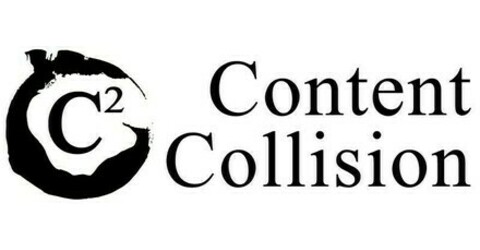
4. Team training
Providing training sessions for your team on how to use these tools effectively is crucial. Ensuring your team is comfortable with the new technology will maximize its potential. A report by McKinsey highlights that companies investing in employee training for AI tools see higher productivity and better adoption rates.
5. Monitor and optimize
Continuously monitor the performance of the AI tools and optimize your strategy based on the insights gained. Regularly review analytics to identify areas for improvement and make data-driven decisions. This ongoing process helps in refining your approach and achieving better results over time.
By following these steps, you can integrate AI marketing tools into your existing strategy effectively, leveraging these technologies to optimize your marketing efforts and achieve better outcomes.

Best practices for using AI in marketing
Implementing AI in marketing can significantly enhance your strategy, but it requires careful planning and adherence to best practices.
One of the most crucial steps is to define clear use cases. Start by identifying specific tasks where AI can provide immediate value, such as automating email responses, generating content ideas, or optimizing ad targeting. By focusing on these areas, you can streamline your processes and ensure that AI complements rather than overwhelms your existing marketing efforts.
Another essential practice is to establish internal guidelines for AI use. This includes setting clear expectations on how and when to use AI tools, which tasks require human oversight, and how to handle sensitive data. Creating a checklist for reviewing AI-generated content can help maintain quality and consistency. Additionally, training your team on these guidelines ensures they can leverage AI effectively while mitigating potential risks.
Maintaining human oversight is critical when using AI in marketing. Despite advancements in AI technology, human judgment remains indispensable for ensuring accuracy and relevance. AI tools can assist with content generation and data analysis, but human review is necessary to catch errors and provide nuanced insights. By balancing AI efficiency with human expertise, you can create more reliable and impactful marketing content.
Lastly, compliance with data protection regulations is vital when implementing AI tools. Ensuring that your use of AI aligns with GDPR and other relevant laws protects customer data and builds trust. Regularly reviewing your AI tools and their compliance features can help mitigate risks. For example, integrating AI compliance software into your workflow can streamline the approval process and ensure adherence to privacy standards.
By following these best practices, you can harness the power of AI to enhance your marketing strategy while maintaining control and ensuring compliance.

Common mistakes to avoid when using AI marketing tools
When integrating AI marketing tools, avoiding common pitfalls is crucial to harness their full potential effectively.
One prevalent mistake is over-reliance on AI without human oversight. While AI can automate and streamline many processes, it is not infallible. AI-generated content often requires human editing to ensure accuracy, relevancy, and alignment with brand voice. Ignoring this can lead to errors, such as factual inaccuracies or content that fails to resonate with the target audience. Regular human intervention helps maintain quality and authenticity in your marketing efforts.
Another significant error is neglecting to address biases within AI algorithms. AI systems learn from historical data, which can sometimes carry inherent biases. If these biases go unchecked, they can perpetuate discrimination and harm your brand’s reputation. For example, biased AI can lead to unequal targeting in advertisements, which not only damages brand credibility but also alienates potential customers. To mitigate this, regularly audit AI outputs and ensure diverse and unbiased data training sets.
Additionally, many marketers fall into the trap of over-optimizing content for search engines at the expense of quality. AI tools can efficiently generate keyword-rich content, but an excessive focus on SEO can result in unnatural, keyword-stuffed text that is off-putting to readers and penalized by search engines. The key is to balance SEO best practices with engaging, high-quality content that provides real value to your audience. This approach not only improves search rankings but also enhances user experience and engagement.
Lastly, neglecting legal and ethical considerations when using AI tools can have severe consequences. Issues such as copyright infringement, data privacy breaches, and spreading misinformation can arise if AI-generated content is not carefully monitored. Always use reputable AI tools that emphasize compliance with legal standards, and run plagiarism checks on AI-generated content to ensure originality. Maintaining transparency and obtaining user consent when collecting data are essential steps in building trust and avoiding legal pitfalls.
By understanding and avoiding these common mistakes, marketers can effectively leverage AI tools to enhance their campaigns while maintaining ethical standards and ensuring high-quality outputs.
ContentGrow is a managed talent network for brands and publishers to work with high-quality freelance writers and journalists worldwide. Sign up to get started or book a discovery call to learn more.
